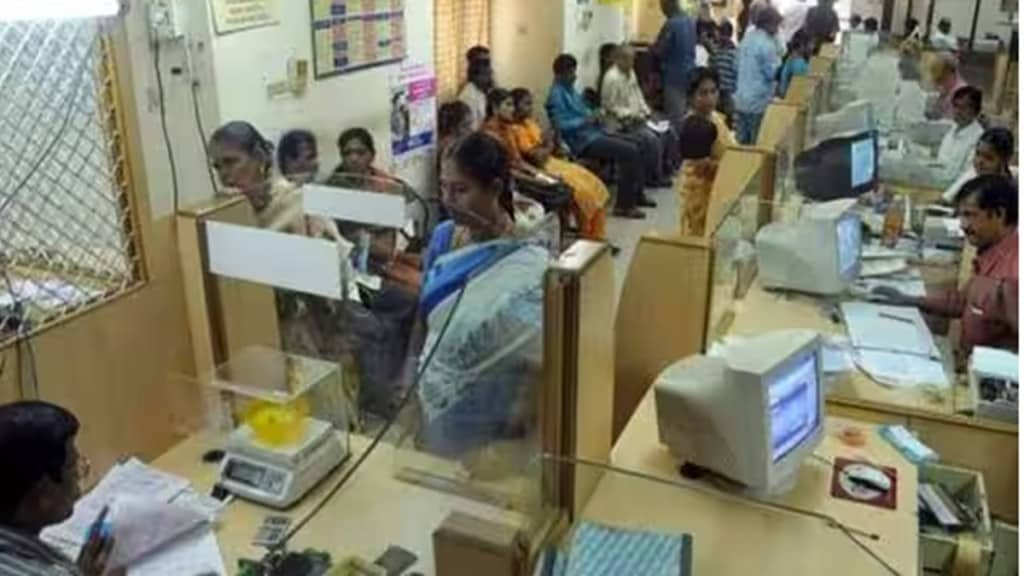The finance ministry and the Insolvency and Bankruptcy Board of India (IBBI) are learnt to be not favouring the recent Reserve Bank of India (RBI) circular that allows banks to undertake compromise settlements or technical write-offs for accounts tagged as wilful defaults or frauds.
A senior official said such settlements could delay debt recovery via the process under the Insolvency and Bankruptcy Code (IBC) further, leading to erosion of asset values.
“The Department of Financial Services (DFS) in the finance ministry is in touch with the banks to persuade them to initiate insolvency process at the right time… in case of defaults, they ought to follow the IBC process without delay. The DFS is aiding the IBBI in this,” the official said, asking not to be identified. “Banks often take time to start IBC resolution process as they prefer settlement with the debtors. This leads to loss in value of the assets and subsequently, low recovery,” the official said.
The RBI via a circular dated June 8, 2023 re-introduced the option of compromise settlements for wilful defaulters, without prejudice to criminal proceedings against them.
The idea is to allow lenders to exercise discretion on how to deal with individual cases of defaults by applying their commercial judgment. This amounted to a reversal of a policy adopted three years earlier, which made borrowers who have been found to have committed fraud, malfesance or wilful default, ineligible for restructuring.
Ironically, the RBI’s rationale for extending compromise settlement framework to wilfil defaults is prevention of erosion of asset value. “Apart from the time value loss, inordinate delays result in asset value deterioration which hampers ultimate recoveries. Compromise settlement is recognized as a valid resolution mechanism under the Prudential Framework on Resolution of Stressed Assets dated June 7, 2019,” the RBI had said, as the circular drew criticism from several quarters, including bank employees.
The compromise settlement system has long been available to banks as one of the ways to tackle non-performing assets. And this has been one of the efficient ways of debt recovery.
The All India Bank Officers’ Confederation, however, has reportedly called the compromise settlement for fraudsters and wilful defaulers “an affront to the principles of justice and accontability,” and argued that it would discourage honest borrowers.
Under the IBC, financial or operational creditors could initiate insolvency proceedings against a corporate debtor, when the default is Rs 1 crore is above. But the code doesn’t make it mandatory for a creditor to start the process, even if the threshold is breached.
The IBBI is concerned about the reduced rate of loan recovery under IBC and reckons that the delay in the resolution process is one of the reasons for it.
According to a recent report by CareEdge the overall recovery rate under IBC till Q1FY24 was 31.62% implying a haircut of 68% for lenders. “The cumulative recovery rate has been on a downtrend, decreasing from 43% in Q1FY20 and 32.9% in Q4FY22 as larger resolutions have already been executed and a significant number of liquidated cases were either BIFR (Board for Industrial and Financial Reconstruction) cases and/or defunct with high-resolution time,” the report said.
A source who was privy to the formulation of policies with regard to insolvency told FE that although the fall in recovery under IBC must be addressed with necessary steps to put the resolution process on fast track, including by enhancing the capacity of National Company Law Tribunal, expecting the same level of recovery from IBC as from other debt recovery processes would be illogical.
“IBC is meant to be last resort.. so by its very nature, the recovery rate could be less than under other processes like those under the Sarfaesi and Debt Recovery Acts or under the Section 230 of the Companies Act,” he said.
The source stressed the need for the compromise settlement system under the RBI to be used efficiently, as it relies on lenders’ commercial wisdom. He noted that there could be situations like in the power sector where most players are hamstrung by sectoral issues. In such cases, taking all defaulters to the insolvency route would neither be logical nor result in any salutary outcome in terms of overall debt recovery from the sector. Besides, there are companies in sectors that are prone to cyclical downturns, he said, and cited the instance of suspension of IBC provisions during the Covid period.
Over 16,000 borrowers with combined debt of Rs 3.46 trillion were categorised as wilful defaulters by the end of 2022, up 40% from the level two years ago.
As per the RBI’s June 2023 circular, while banks can undertake compromise settlement of technical write-offs for accounts classified as frauds or wilful defaulters, post-restructuring, they can also have fresh exposure to these borrowers after a minimum cooling period of 12 months.
According to IBC, the entire Corporate Insolvency Resolution Process (CIRP) needs to be completed within 330 days from the insolvency commencement date, including any extension of the period of the CIRP granted and the time taken in legal proceedings in relation to the resolution process. But less number of benches and high pendency of cases causes the resolution process to be delayed.
“The NCLT benches are 90% staffed…the government has made an effort to fill the benches, but there is still a need for more benches for faster resolution of cases,” the official quoted earlier said. There is one principal bench and 15 other benches of NCLT operational in the country. Banks should appoint “more competent” resolution professionals, the official said, adding that “in several cases, that doesn’t happen.”


